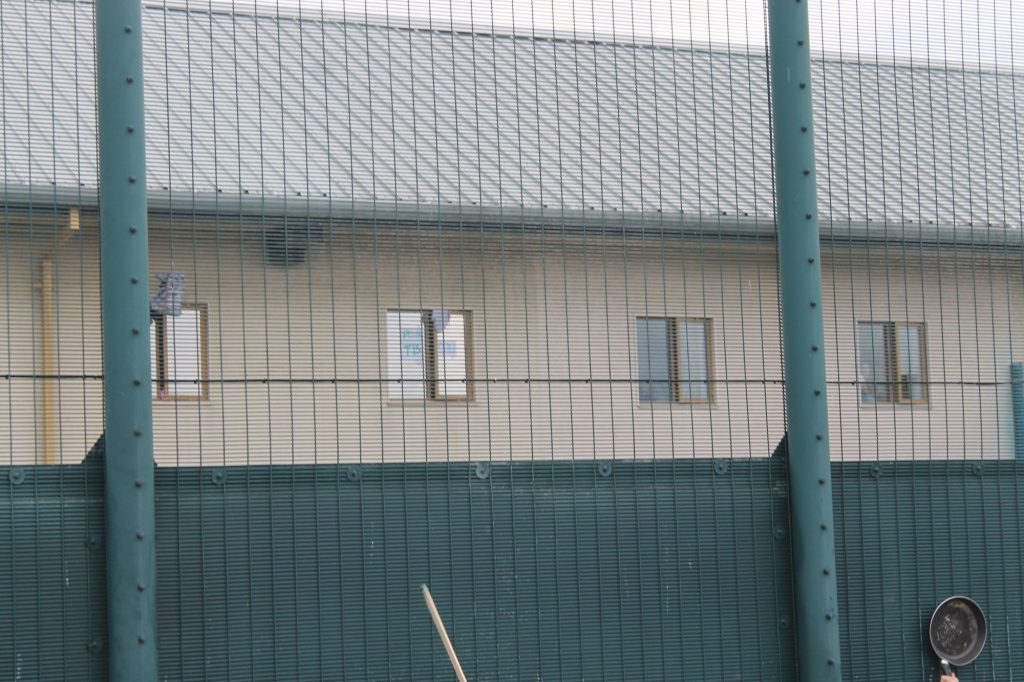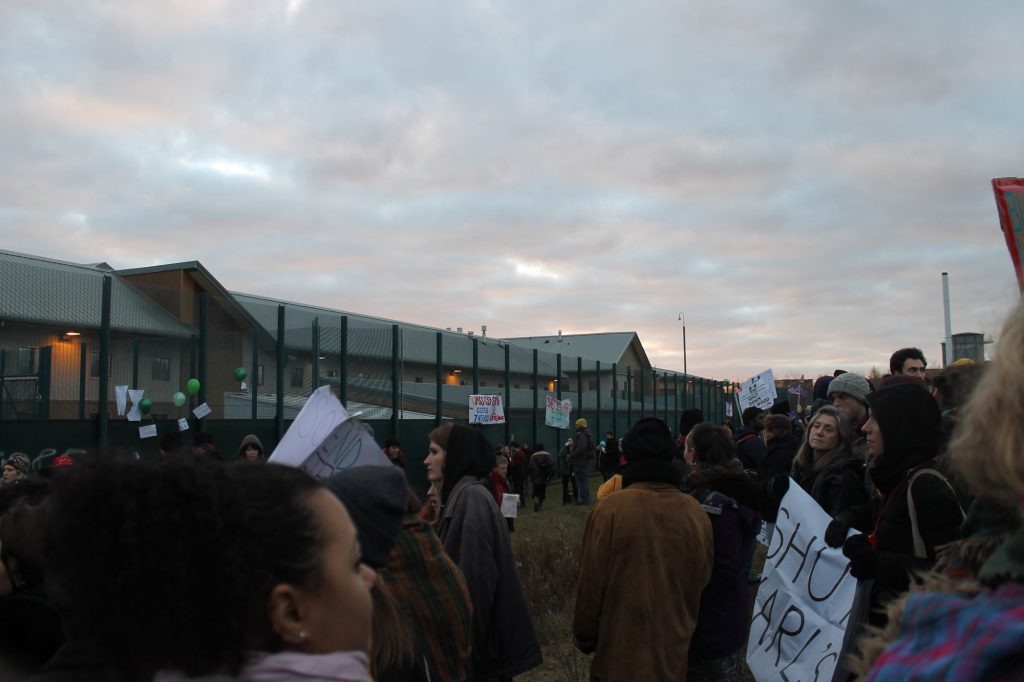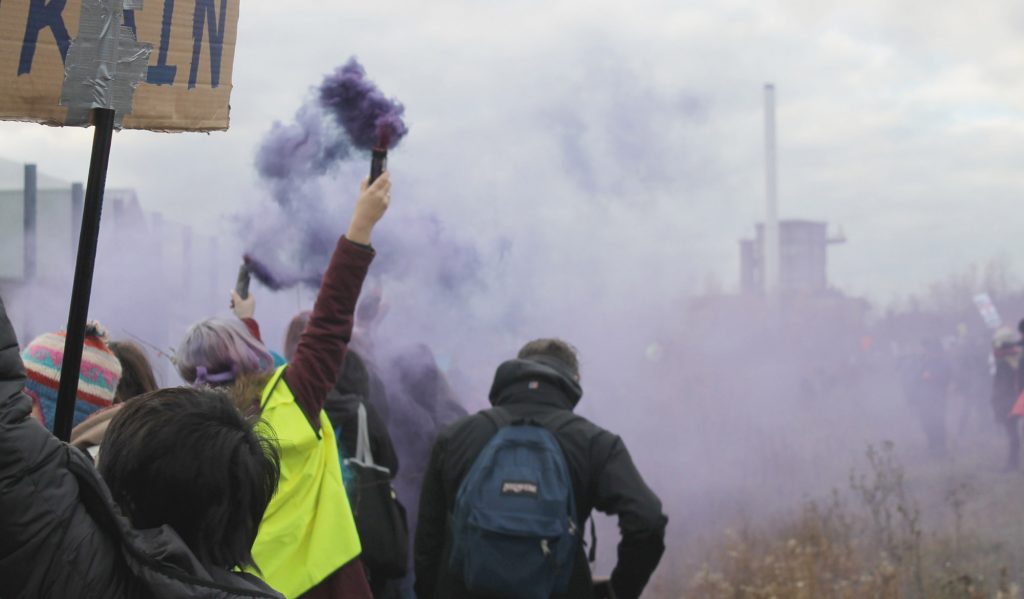About Immigration Detention
Immigration detention is the network of prisons that are used to hold people in the process of handling their immigration or asylum claims, and prior to their attempted removal or deportation from the UK.
The vast majority of people in immigration detention are working class people of colour, often from countries that were formerly colonised by the UK. In the year ending in March 2021, some 13,000 people went through immigration detention in the UK. This is down from the peak in 2015 when over 32,000 people were detained. The drop is largely due to the COVID-19 pandemic and, despite the recent fall, the number of people detained has begun to rise again.
There are currently 9 detention centres (officially called Immigration Removal Centres) in the UK, the newest one being Derwentside IRC which was opened at the end of 2021. People are also detained for shorter periods at short-term holding facilities across the country. The UK also detains migrants in prisons: in September 2021, over 600 people were held in prisons under immigration powers. People may also be held in temporary accommodations, which often operate under detention-like conditions, and it is unknown how many such accommodations are used at any given time.


Immigration detention is an administrative imprisonment rather than a criminal imprisonment. This means that there is no trial – people can be imprisoned on the whim of a caseworker in the Home Office – and there is no time limit. When people enter immigration detention, they do not know when they will be let out.
The Home Office has the administrative power to detain a person at any point. This includes: upon arrival in the UK; when they come to an immigration office; during a check-in with immigration officials; once a decision to deport them has been issued; following arrest by a police officer; or after the conclusion of a prison sentence. There are also immigration raids in communities, in public transport facilities like train stations, or at protests. Under the hostile environment, we are increasingly seeing other government and non-government bodies complicit in policing people’s immigration status, including schools, universities, and healthcare providers.
In 2021, three-quarters of people detained were released back into the community, showing just how much their detention served no purpose. Often, they then live in the community under persistent threat of being re-detained. Many say they will never recover from this experience. Although the majority of people stay in immigration detention for under 2 months, a significant minority can stay in detention for several months or even years. Frequent ‘administrative errors’ by the Home Office mean many people who should not be detained still are. In July 2022, it was reported that 572 people had been wrongfully detained, with compensation payouts totalling £12.7m in just a year.
SDS resists immigration detention through visiting, building networks and solidarity with people who are detained, supporting them to resist their imprisonment and with the practical aspects of their case. You can support us in this work by joining us, donating, and sharing our campaigns on social media.
